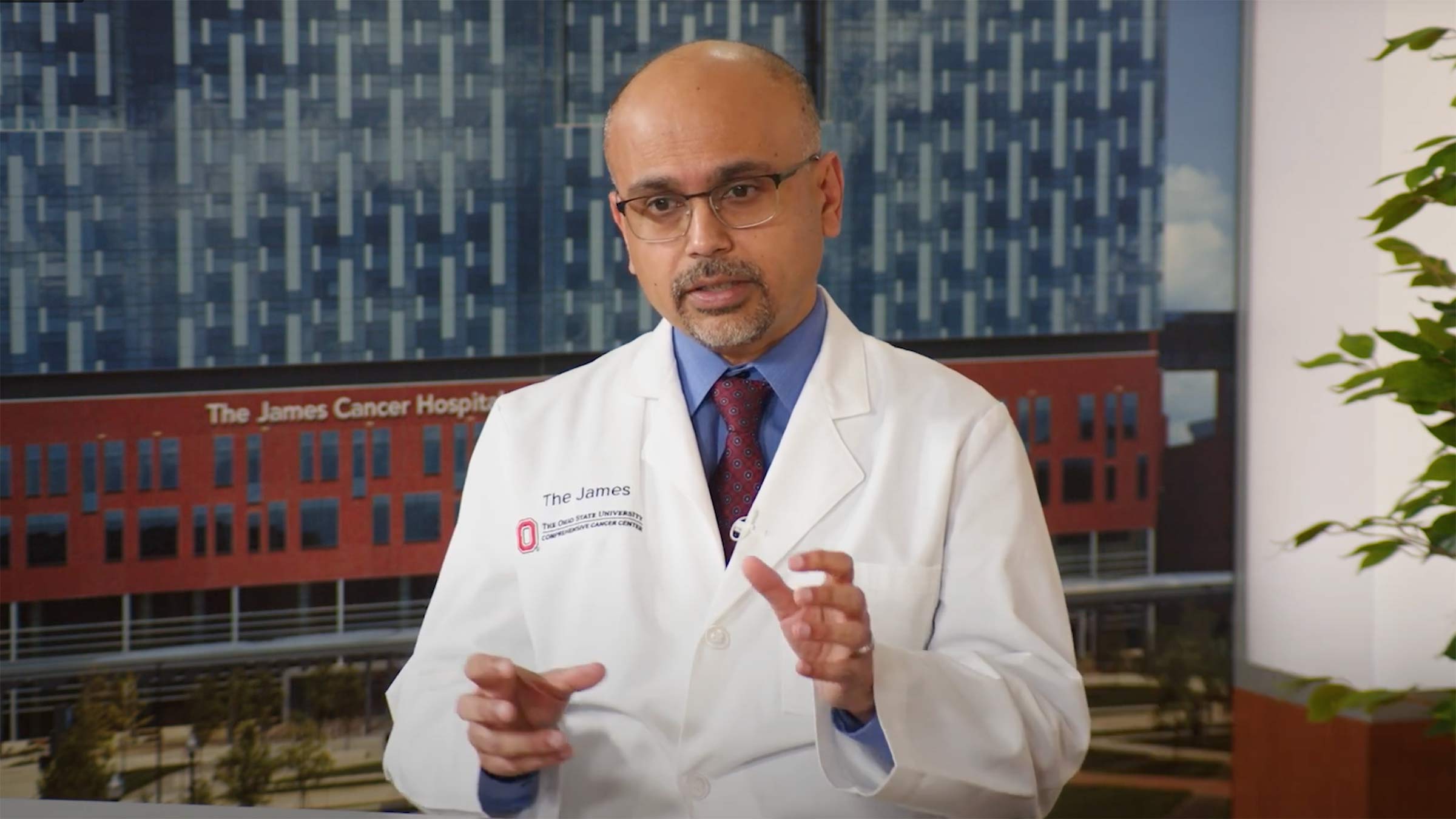How to recognize signs of anal cancer, how the HPV vaccine can prevent it, and more
Anal cancer can be hard to talk about, but understanding symptoms and screening can help reduce the rate of new cases, which is currently rising in the United States.
This year, in the U.S. alone, it’s estimated that there will be about 10,540 new cases of anal cancer — up from 9,440 in 2022. While anal cancer is rare, the increase in new cases is concerning. That’s why we need to continue to educate people about the benefits of screening and focus on how to prevent anal cancer versus finding a cure.
What are the first signs of anal cancer?
The first signs of anal cancer can seem like nothing more than a little discomfort in your anal area. In fact, one of the reasons people delay treatment is because they mistake the symptoms for hemorrhoids. While similar, hemorrhoid symptoms will last for a few days or up to a week then diminish. In anal cancer, symptoms will persist or come back after a short time of improvement.
Symptoms include:
- Bleeding from the anus or rectum
- Pain or pressure in the area around the anus
- Itching or discharge from the anus
- A lump near the anus
- A change in bowel habits
If you have any of these symptoms that don’t go away, don’t ignore them. Make an appointment with your doctor. The best chance for successful treatment is through early diagnosis.
How curable or treatable is anal cancer?
Anal cancer is curable — it responds very well to chemotherapy and radiation. But treatment can be lengthy, and there are side effects. If initial treatment fails or the cancer recurs, you’ll likely require surgery. Surgical options consist of removing the tumor and the tissue surrounding it or, in more serious cases, the complete removal of the anus and rectum and the use of a colostomy bag.
As a colorectal surgeon, I encourage anal cancer screening exams for those at high risk, because it’s one of the best ways to prevent anal cancer.
How can I prevent anal cancer?
About 90% of anal cancers are associated with human papillomavirus (HPV) infection. While HPV infection can increase your risk, it doesn’t mean you’ll develop anal cancer.
The HPV vaccine is one way to protect against types of HPV that increase your likelihood of developing anal cancer.
Another way to prevent anal cancer is through screenings. According to the latest research, anal cancer screenings can help reduce the risk of developing the cancer by more than half.
Not everyone needs to be screened, but those at high risk should be. People with high risk for anal cancer include:
- HIV-positive gay men
- Men who have sex with men, even if they’re HIV-negative
- Women who’ve been diagnosed with a cervical or vaginal HPV infection
- Women and men who engage in anal intercourse
For most people, screening consists of a simple anal pap test, which collects a small number of cells from the anus with a swab. The test checks for signs of precancerous cells or cancer. If abnormal cells or HPV infection are found, a patient will be referred for additional testing.
If you’re at higher risk for anal cancer, you should have regular screenings. People who have had vaginal or vulvar precancerous lesions (dysplasia) or cancer should be screened every year. These patients may require more intensive screening.
Our clinic can help you understand if you’re at higher risk of developing the disease and provide screenings and other services to assess and reduce your overall risk, including:
- HPV vaccinations
- Sexually transmitted infection screening and treatment
- Cervical Pap tests
- Social services and support
- Education and awareness programs for patients, physicians, the community at-large and local LGBTQIA+ populations
What to look for in a doctor or treatment facility if you have anal cancer symptoms
If you have anal cancer symptoms or an anal cancer diagnosis, you want to see an expert with experience in providing comprehensive anal cancer care and treatment. The OSUCCC – James is home to the first dedicated anal cancer screening clinic in Ohio, which provides comprehensive anal cancer screening and diagnostic services.
Our clinic is one of the few screening centers in the nation. Being a screening center that’s part of a large, comprehensive cancer center gives us a unique advantage in that we see more anal cancer cases than most cancer hospitals and have the expertise and diagnostic resources to treat it.
Our team of specially trained experts offer a variety of treatment options and clinical trials that other facilities can’t or don’t have access to.

Learn more about anal cancer and the treatments available at the OSUCCC – James
Call 800-293-5066 to schedule an appointment.
Learn more








